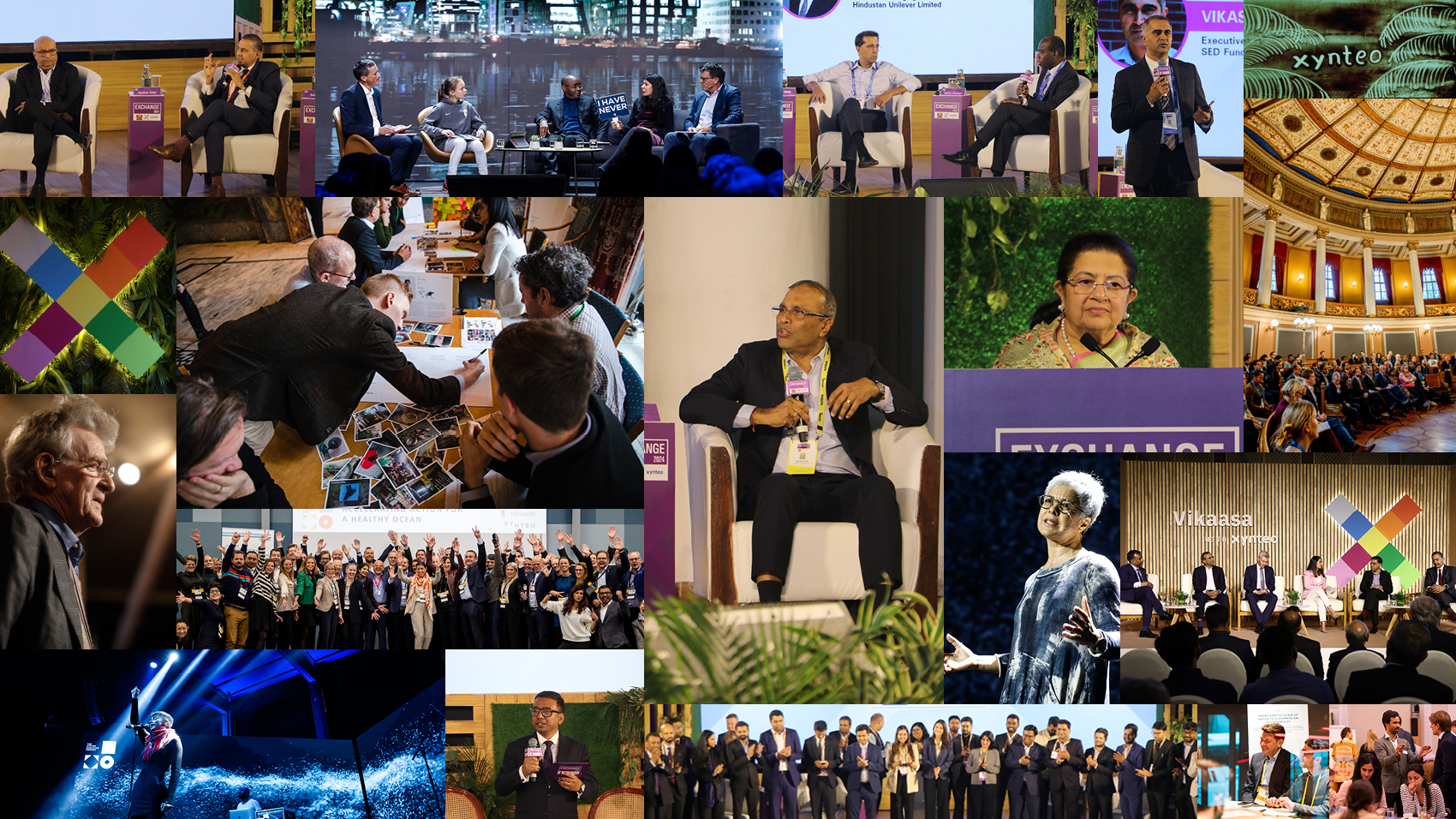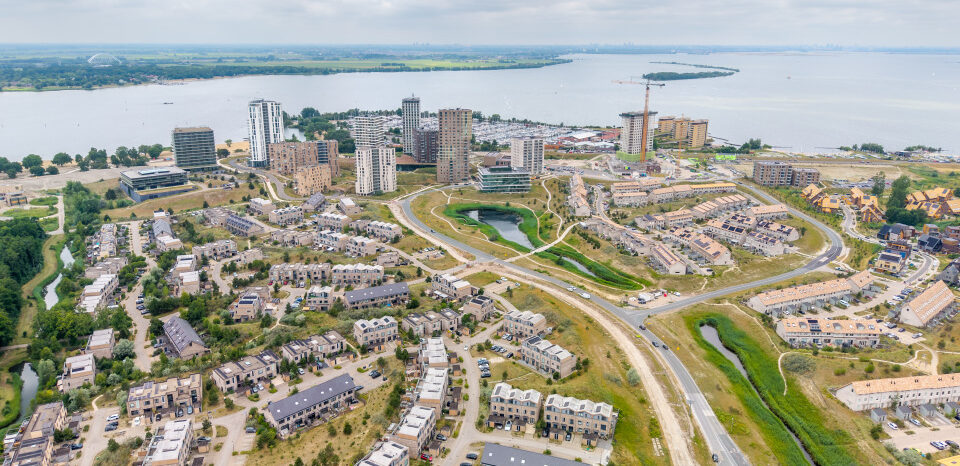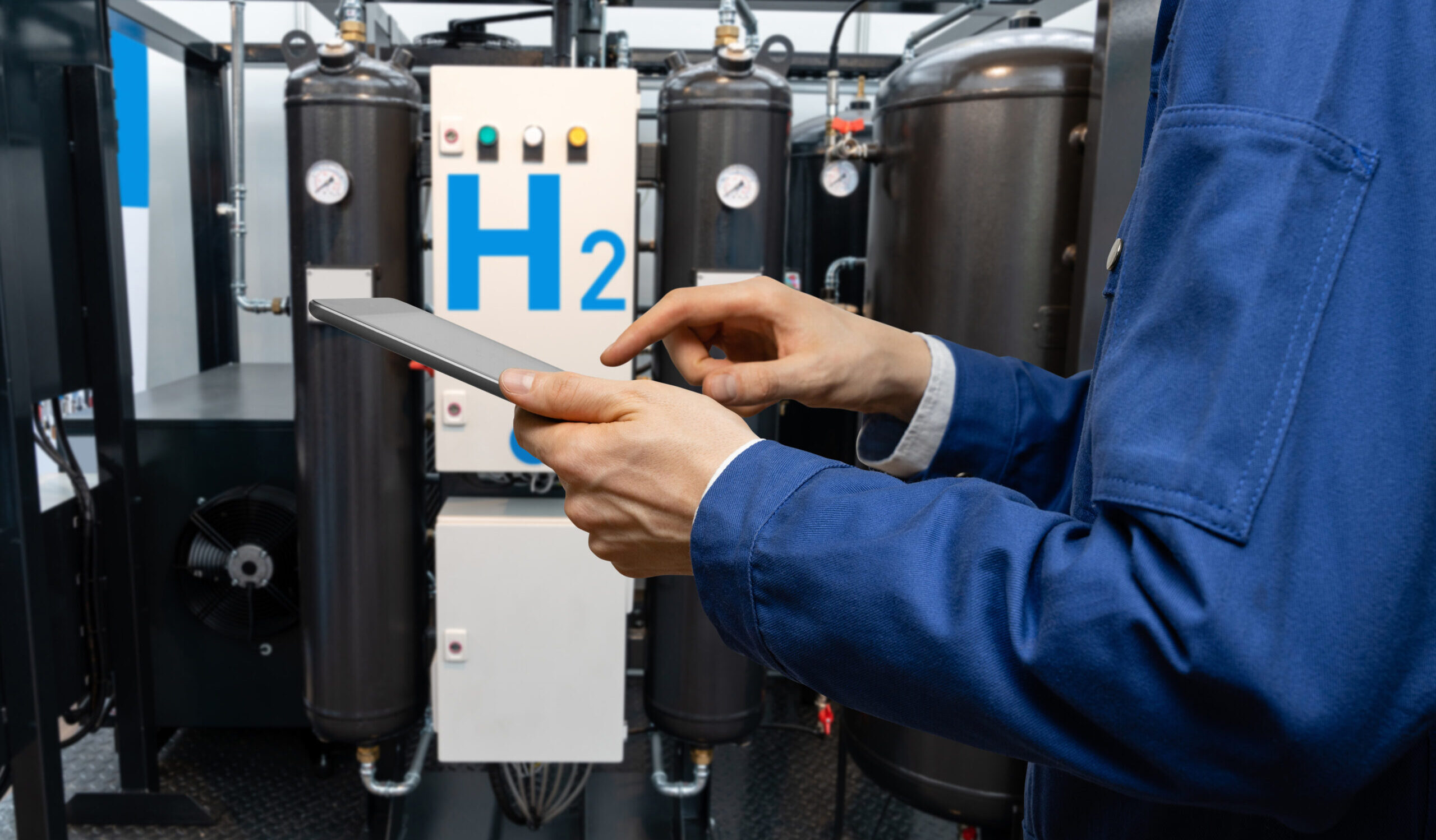This article originally appeared in The Economic Times on May 26, 2023
This year, India is set to play a leadership role on the global stage. With a steady economic growth rate that has eclipsed China’s for the last two years, India will also host heads of state from around the world at the G20 summit in September.
International businesses and governments continue to forge closer ties with India, a rising power at the threshold of the so-called ‘Indian Century.’ With its enhanced profile, the nation also faces a greater responsibility to lead in addressing urgent global challenges and advancing the sustainable development goals. In her Republic Day speech in January, President Droupadi Murmu said, “The respect that India has earned on the world stage has resulted in new opportunities as well as new responsibilities.”
I see this responsibility as India’s greatest opportunity. Through Vikaasa, a coalition of purpose-driven, forward-leaning organisations collaborating to accelerate India’s development goals, I have seen businesses find new opportunities for growth by finding solutions to the world’s greatest challenges. As a result, these businesses gain resilience and lead their industries and communities in shaping a sustainable future.
Learn more about Vikaasa’s journey in this ET Now epsiode.
Let me provide some examples. The UN warns that urgent emissions reductions are needed to prevent the global temperature from rising any more than 1.5 ℃. In response, the Vikaasa coalition is identifying commercial solutions to lower emissions in food, energy and transport. By facilitating a partnership with Shell India and Pluss Advanced Technologies, we are piloting thermal energy technology for refrigerated trucks, vastly reducing emissions for last-mile delivery of food and medicine. We are launching a clean energy accelerator to commercialise and scale cutting-edge hydrogen technologies, a critical step to support our wider national energy security, economic development, and net zero ambitions.
Vikaasa’s projects also emphasise collaborative, systems-based solutions between businesses, communities, and the public sector. For instance, every year, 3.5 million tonnes of plastic waste in India pollute the land, air, and water. To combat this, our ‘Waste No More’ initiative with Hindustan Unilever and State Bank of India works to improve community infrastructure and education to scale plastic circularity. Another cross-sector collaboration, led by Cyient, connects medical technology startups with hospitals to fast-track life-saving, indigenous healthcare innovations to market.
Each of these initiatives has not only unlocked growth pathways for the implementing businesses but has also contributed towards broader sustainable development targets. And each Vikaasa project has been successfully implemented because of collaboration across different organisations.
Vikaasa is indeed a bold effort at cross-industry partnership. Since the coalition’s inception five years ago, I have learned two truths about collaboration. First, it is a truly powerful force for impact. The seed concepts for most of these projects emerged from co-creation sessions between companies, and perhaps more significantly, their impact has been scalable only through the concerted efforts of multiple partners.
Second, collaboration can also be incredibly difficult. Seeing each project through to implementation and scale can necessitate coordinating an array of stakeholders, including funders, government, community leaders and technical experts. We have learned through successes and setbacks what effective partnerships require, and we have identified four ‘Cs’ that are essential for success:
1. Commitment to collaborate: A partnership is only as strong as the motivation of each partner to see it through. For this, it needs to be evident what each contributor stands to gain from their efforts.
2. Clarity and consistent communication: Alignment on shared goals from the onset and transparency on progress, as well as setbacks between teams, enables partners to support one another.
3. Course correction: Even the most carefully crafted project rarely goes as planned. Learning and adjusting demands honesty and humility.
4. Culture to collaborate: Bold and innovative partnerships are built on trust, accountability, and encouragement. Organisations need to bake a collaborative mindset into their culture’s DNA.
Vision, transparency, humility, bravery – these are, of course, traits we associate with great leaders. And indeed, effective leadership is the lynchpin for these audacious sorts of collaboration that India and the world so urgently need.
I am thrilled to see the movement for cross-sector collaboration continue to grow. Last year, we launched Build Ahead, a coalition designed to collectively tackle the challenge of achieving a net-zero built environment in India. Coalition members span the full construction value chain, including cement producers, developers, real estate services, financiers, technology providers and construction services. Each member organisation is helmed by a visionary leader who understands the new type of leadership that the work ahead demands. Initiatives like this provide the groundwork for India to emerge as a leader in the Global South.
For India to play a new, leading role in driving global progress, I call on our leaders to work together in new, purpose-driven ways. As the old proverb says: if you want to go fast, go alone; if you want to go far, go together. We still have so very far to go – but I strongly believe that India and Indian businesses can lead from the front.
–
Stay up to date with our latest interviews by following us on social media (LinkedIn I Twitter), or Contact Us to find out how we can help your leaders and organisation create people and planet-positive impact.



